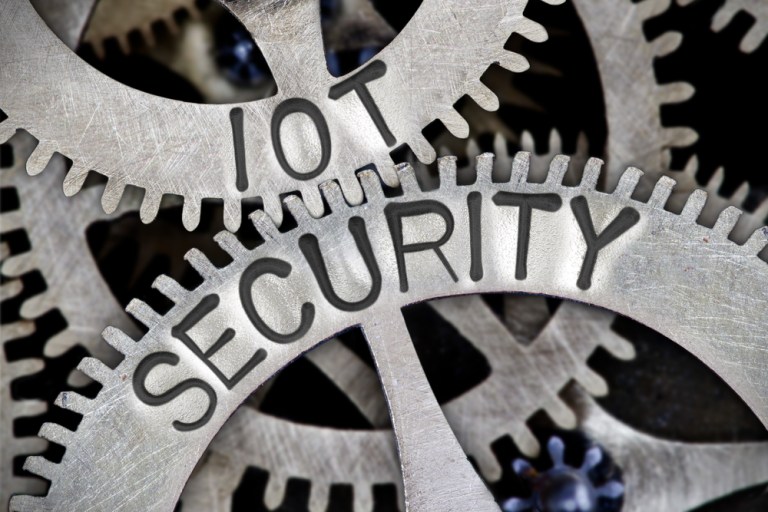IoT Security Solutions To Hit $6B By 2023

The Internet of Things (IoT) cybersecurity solutions market is poised to hit $6 billion globally by 2023, according to a new study from Juniper Research.
In a press release highlighting the new research, Juniper Research said that spending by product and service providers and end customers will rise close to 300 percent from now until 2023.
“The interconnected nature of the IoT means that even innocuous devices like the connected fridge can become a threat. Vendors see that risk as low, while little has been done from a regulatory perspective to protect consumers,” said research author Steffen Sorrell.
According to Juniper, drivers of the IoT cybersecurity solutions market will be growing business risk and regulatory minimum standards. According to the researcher, smart home IoT security spending will be less than 17 percent of the consumer market in 2023. In contrast, IoT smart energy security spending is predicted to reach $1 billion annually in 2023.
Juniper’s new research comes a few days after Kaspersky Lab, the security company, announced its “State of Industrial Cybersecurity 2018” survey, which found that 65 percent of global organizations believe that OT/ICS security risks are more likely with IoT over the next year. In a press release, Kaspersky Lab said that, with organizations realizing the risk with IoT use cases, managing connected devices is a major priority for 53 percent of survey respondents. What’s more, 77 percent of industrial organizations surveyed said they feel unsafe, with respondents saying that their organizations are likely to become the target of cybersecurity incidents involving industrial control networks.
As for concerns related to IoT, 54 percent claim the increased risks associated with connectivity and integration of IoT ecosystems is a major challenge, as are new types of IoT security measures that need to be implemented.
“With the sector embracing more digital trends, such as cloud and IoT, to further drive efficiencies, the challenge and importance of cybersecurity becomes even more vital to keep critical systems running and businesses operational,” said Georgy Shebuldaev, brand manager of Kaspersky Industrial Cybersecurity. “The good news is that we are seeing more and more businesses improving their cybersecurity policies to include dedicated measures toward safeguarding their industrial control networks. While this is a step in the right direction, action needs to go further to keep up with the pace of digitalization. This includes updating incident response programs to cover specific ICS actions and using dedicated cybersecurity solutions to help meet the challenge.”